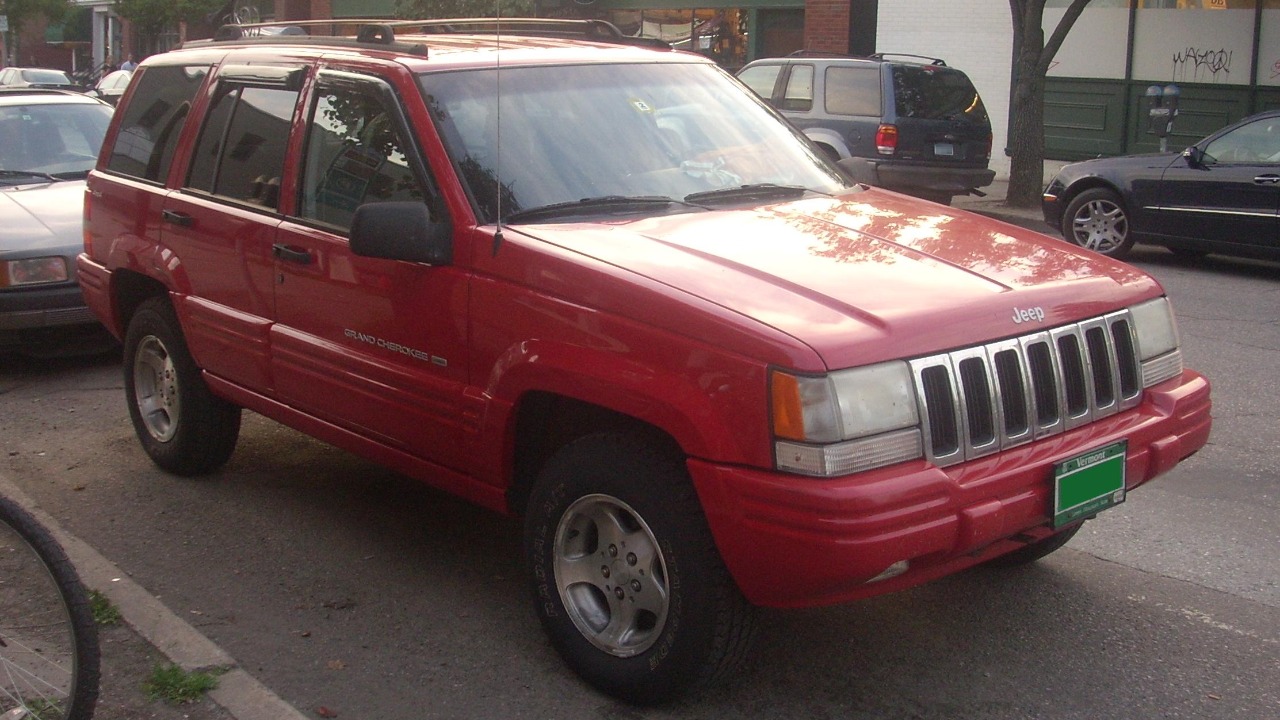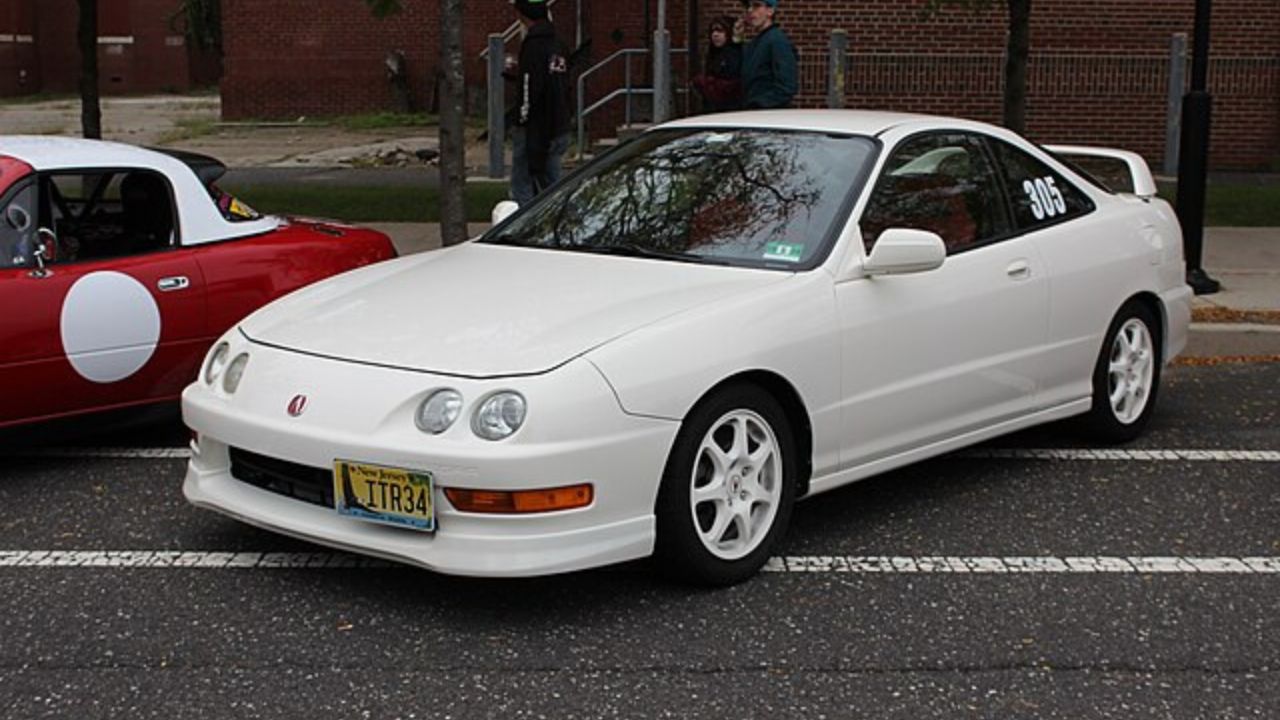The total cost of car ownership extends far beyond the initial purchase price. Understanding the multitude of factors that contribute to this cost is essential for making informed financial decisions. Delving into the various components that make up the true expense of owning a car can help you plan effectively for the long term.
Initial Purchase and Depreciation

Purchase Price
When considering buying a car, the sticker price is often the first and most visible cost. However, this price can be deceptive as it doesn’t include various additional expenses. Dealer fees, optional add-ons such as GPS systems or enhanced sound systems, and even the cost of extended warranties can significantly increase the initial price. For instance, a 2023 Toyota Camry might have a base price of around $25,000, but with extra features and dealer fees, the final cost could easily exceed $30,000.
Depreciation
Depreciation is another critical factor that affects the total cost of car ownership. As soon as you drive a new car off the lot, its value begins to decrease. On average, a new car loses about 20% of its value in the first year and approximately 60% by the fifth year. This depreciation can significantly impact your finances, especially if you plan to sell or trade in the vehicle later. Understanding this can help you make more strategic choices, such as opting for models known to hold their value better over time.
Financing Costs
For many, buying a car outright isn’t feasible, which means financing becomes a necessary part of the purchase. Loan interest rates can add thousands of dollars to the overall cost, depending on the terms of the loan and your credit score. A 5-year loan at a 5% interest rate on a $30,000 car could result in paying an additional $4,000 in interest alone. This makes it crucial to shop around for the best loan terms and to understand how these costs will affect your financial situation over the duration of the loan.
Insurance and Registration Fees

Insurance Premiums
Insurance is a mandatory expense that can vary widely based on several factors. The car model, driver history, and location play significant roles in determining your premiums. A sports car like a Ford Mustang might cost significantly more to insure than a sedan like a Honda Accord due to performance capabilities and repair costs. Comparing quotes from multiple insurers can help you find the most competitive rates, potentially saving you hundreds of dollars annually.
Registration and Taxes
Vehicle registration and taxes are recurring costs that owners must budget for each year. These fees can vary significantly from one region to another. For example, registering a vehicle in California may include a base registration fee, plus additional charges based on the car’s value, whereas other states may charge a flat fee. Understanding the local regulations and how they affect your financial obligations is key to accurate budgeting and avoiding unexpected costs.
Maintenance and Repairs

Routine Maintenance
Regular maintenance is essential for keeping a car running efficiently and preventing more costly repairs down the line. Routine tasks such as oil changes, tire rotations, and brake inspections can add up over time. For instance, an oil change might cost between $30 and $70, depending on the vehicle and location. Proper maintenance not only ensures the longevity of the vehicle but can also enhance its resale value by demonstrating a history of care.
Unexpected Repairs
Despite regular maintenance, unexpected repairs can occur, often at the most inconvenient times. Whether it’s a transmission issue or a failed alternator, these repairs can be costly. Setting aside a budget for unforeseen repairs is a wise strategy. For example, a new transmission can cost upwards of $3,000, which can be a significant financial burden without proper planning.
Warranty and Extended Warranty Options
Warranties can significantly affect maintenance costs, especially during the initial years of ownership. A standard manufacturer’s warranty might cover major components for up to three years or 36,000 miles, whichever comes first. Extended warranties offer protection beyond this period but come at an additional cost. Evaluating whether an extended warranty is worth the investment requires considering factors like the car’s reliability and projected repair costs.
Fuel Costs and Efficiency

Fuel Prices
The cost of fuel is a variable expense that can fluctuate based on market conditions. Fuel efficiency plays a crucial role in determining how much you spend at the pump. A car with a higher miles-per-gallon (MPG) rating, like the Toyota Prius, can offer significant savings compared to less efficient models. With fuel prices sometimes exceeding $4 per gallon, these savings can quickly add up over the life of the vehicle.
Alternative Fuels and Electric Vehicles
Alternative fuel vehicles, such as hybrids and electric cars, present different cost implications. Electric vehicles (EVs) like the Tesla Model 3 may have a higher upfront cost but offer savings in fuel and maintenance. Charging an EV can cost significantly less than filling a gas tank, and fewer moving parts mean lower maintenance costs. Additionally, government incentives can help offset the initial purchase price, making EVs an increasingly attractive option for cost-conscious consumers.
Resale Value and Trade-in Considerations

Resale Value
The resale value of a car is an important consideration when assessing the total cost of ownership. Cars that retain their value well can reduce the overall cost by providing a higher return when sold or traded in. Factors such as brand reputation, maintenance history, and market demand all play a role. For example, brands like Subaru and Toyota are often praised for their strong resale values, making them popular choices among buyers looking to minimize long-term costs.
Trade-in Strategies
Deciding whether to trade in a vehicle or sell it privately can impact your financial return. Trading in a car might be more convenient, but selling privately often results in a higher sale price. To maximize your return, it’s beneficial to research the current market value of your car, ensuring any trade-in offer is fair. Additionally, timing the sale to coincide with high demand periods, such as tax refund season, can yield better results.
Like Fast Lane Only’s content? Be sure to follow us.
Here’s more from us:
*Created with AI assistance and editor review.







Leave a Reply